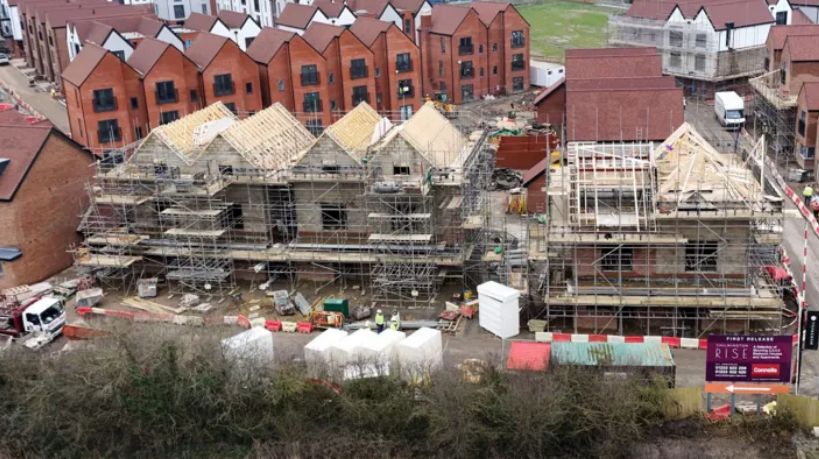Deputy Prime Minister and Housing Secretary Angela Rayner has unveiled a series of proposals aimed at streamlining the planning process for small housing developments, in a bid to accelerate construction and support smaller builders.
The government is planning to ease Biodiversity Net Gain (BNG) requirements for developments of up to nine homes and hand decision-making powers for such projects to trained planning officers, bypassing local councillors. It is also considering exempting housing sites of between 10 and 49 homes from paying a tax designed to fund the removal of unsafe cladding.
Rayner described the proposed changes as a “pragmatic” response to long-standing challenges faced by small and medium-sized builders, whose share of the housing market has declined sharply since the 1980s. Back then, smaller firms were responsible for building around 40% of new homes in the UK; today, their contribution has shrunk significantly.
“These reforms will simplify the planning system and help level the playing field for smaller developers,” Rayner said during media interviews on Wednesday. She denied the changes would dilute environmental protections, insisting the government remained committed to nature-positive planning.
The measures are part of Labour’s wider housing agenda, which aims to deliver 1.5 million new homes in England by 2030. However, figures from the Office for Budget Responsibility (OBR) published in March suggest current planning reforms may still fall short of that target. Only 30,000 housing projects received planning permission in 2023—a record low.
The new proposals have already drawn criticism from Conservative figures. Kevin Hollinrake, the shadow secretary for local government, accused Labour of “stripping councillors of the right to vote on local planning applications, concreting over green belt and withdrawing support for first-time buyers.” He warned that the changes would bring “higher taxes and less say over development in your community.”
At the heart of the debate is the impact of BNG rules, introduced earlier this year under the 2021 Environment Act. The legislation requires developers to deliver a 10% net gain in biodiversity on housing sites, maintained over 30 years.
While the Home Builders Federation welcomed the principle of BNG, it said the policy was placing a “disproportionate burden” on smaller developers. Its chief executive, Neil Jefferson, cited staffing shortages in local authorities and a lack of ecological expertise as key obstacles.
However, conservation groups have raised alarms. Richard Benwell, chief executive of Wildlife and Countryside Link, said exempting small sites would allow the majority of developments to sidestep nature requirements. “These changes could leave the Biodiversity Net Gain system dead in the water,” he warned.
Alongside the consultation on BNG, the government announced a £100 million loan fund to support small and medium-sized builders and ensure they can access financing to deliver new homes.

















